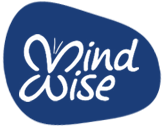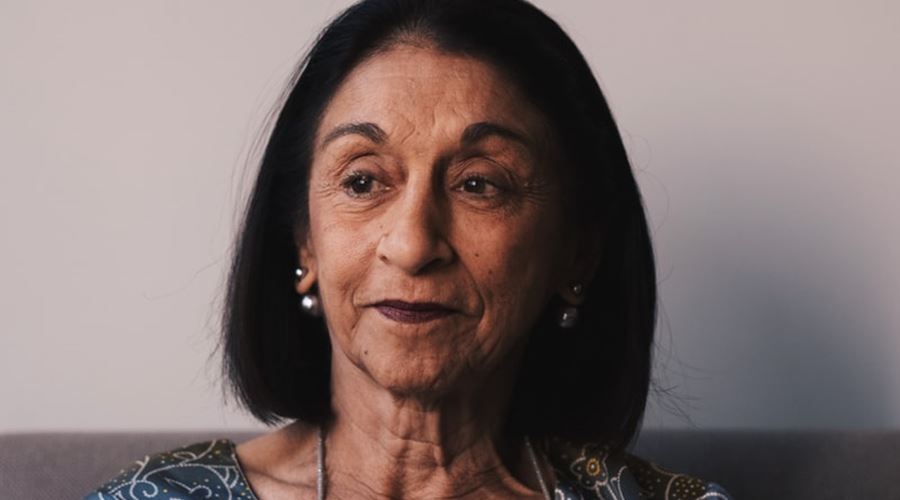- Home
- News & Blogs
- Current: A User-Friendly Guide to Understanding ADHD
Do you need urgent help?
If you need to speak to someone right now, here are some confidential options which provide 24/7 support. If you're worried you might hurt yourself or someone else, please call 999, or go to your nearest A and E.
Childline
Helps anyone under 19 in the UK with any issue they’re going through. Childline is free, confidential and available any time, day or night.
0800 1111Samaritans
24 hours a day, 365 days a year. You don't have to be suicidal to call us
A User-Friendly Guide to Understanding ADHD
Fri, 26 - January - 2024
A User-Friendly Guide to Understanding ADHD
ADHD, or Attention Deficit Hyperactivity Disorder, is a condition that impacts specific brain areas responsible for problem-solving, planning, understanding others' actions, and impulse control. While most diagnoses occur in childhood, adults can also be diagnosed if symptoms were present in their youth.
Symptoms of ADHD
ADHD symptoms fall into two categories: inattentiveness and hyperactivity/impulsiveness, with variations in how they manifest. For instance, boys may exhibit more disruptive behaviors than girls, and adults are less likely to display hyperactivity.
ADHD in Children and Teenagers
Inattentiveness Symptoms:
- Short attention span
- Careless mistakes
- Forgetfulness or losing items
- Difficulty sticking to dull tasks
- Trouble listening or following instructions
- Constantly changing activities
- Difficulty organizing tasks
Hyperactivity and Impulsiveness Symptoms:
- Fidgeting or inability to sit still
- Excessive physical movement or talking
- Inability to wait for one's turn
- Acting impulsively or recklessly
- Interrupting conversations
It's crucial to distinguish occasional restlessness from potential ADHD. If concerned about a child's behavior, consult their teacher or GP.
ADHD in Adults
While ADHD doesn't develop in adulthood, symptoms might have been overlooked in childhood. Adult symptoms are subtler and include difficulty focusing, distractibility, daydreaming, struggling to complete tasks, and mood swings. Undiagnosed ADHD in adults can lead to life challenges and stress in work, finances, and relationships.
ADHD and Mental Health
Individuals with ADHD are more prone to mental health issues, such as anxiety, depression, sleep problems, conduct disorders, and substance abuse.
Causes of ADHD
Although the exact causes are unknown, a combination of genetic and brain chemistry factors is likely responsible. Certain conditions, like premature birth, low birth weight, epilepsy, or brain damage, may increase the likelihood of developing ADHD.
Getting a Diagnosis and Support
If you suspect ADHD, consult your GP, who can discuss concerns and refer you for a specialist assessment. Treatment options, though not a cure, aim to alleviate symptoms and improve daily life.
Medication
Stimulant medication is often prescribed to enhance concentration and reduce impulsivity in ADHD.
Therapy
Options include psychoeducation, behavior therapy, parent training, and Cognitive Behavioral Therapy (CBT). These therapies aim to help individuals cope with ADHD symptoms. For more information, visit the NHS website for comprehensive details on ADHD treatment.
Self-Care Strategies
Individuals with ADHD can explore various self-care strategies, such as physical activity, a balanced diet, sufficient sleep, and reduced alcohol intake.






